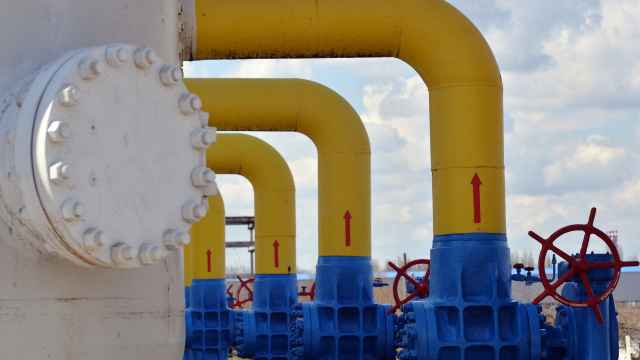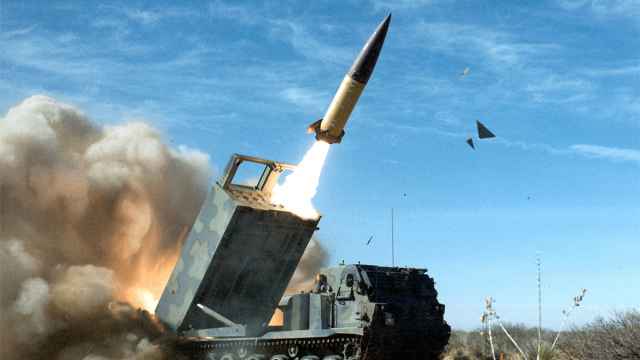Novatek and Gazprom Neft are ready to raise their offer to $4.9 billion and fight Rosneft for gas assets owned by Italy's Eni and Enel, a newspaper reported Thursday.
Competition among major Russian energy firms for SeverEnergia, which has assets in northern Russia's Yamal-Nenets autonomous district, increased last month when state-owned Rosneft, the world's largest oil company by output, signed a deal to acquire Enel's stake in the gas producer for $1.8 billion.
Kommersant said Rosneft's move had angered billionaire Gennady Timchenko, a major shareholder in Novatek. It said Novatek and Gazprom Neft had put in a higher offer of $2 billion for Enel's share and $2.9 billion for Eni's stake.
Potentially one of Russia's largest part foreign-owned gas projects, SeverEnergia expects to produce 36 billion cubic meters of gas and liquids by 2017.
It is a joint venture between Yamal Development and Arctic Russia BV. Yamal Development is jointly owned by Gazprom Neft and Novatek, and Arctic Russia BV is controlled by Eni and Enel.
The rise of Rosneft, managed by Igor Sechin, an ally of President Vladimir Putin, has worried some industry players who say that increased state involvement in the oil and gas sector is killing off competition and increasing costs.
A source, close to Novatek, said asset is of great importance to the company and would fit with its project, Yamal LNG, to produce liquefied natural gas jointly with France's Total and China's CNPC by 2017.
Gazprom Neft and Novatek declined to comment.
Rosneft has said the agreement with Enel on the stake in SeverEnergia is binding.
The fight for energy assets has intensified as Russia moves close to opening up liquefied natural gas LNG exports for other companies, rather than just Gazprom, which has monopoly rights for shipping Russian gas abroad.
On Wednesday, the Russian government approved a bill to liberalize the LNG exports.
A Message from The Moscow Times:
Dear readers,
We are facing unprecedented challenges. Russia's Prosecutor General's Office has designated The Moscow Times as an "undesirable" organization, criminalizing our work and putting our staff at risk of prosecution. This follows our earlier unjust labeling as a "foreign agent."
These actions are direct attempts to silence independent journalism in Russia. The authorities claim our work "discredits the decisions of the Russian leadership." We see things differently: we strive to provide accurate, unbiased reporting on Russia.
We, the journalists of The Moscow Times, refuse to be silenced. But to continue our work, we need your help.
Your support, no matter how small, makes a world of difference. If you can, please support us monthly starting from just $2. It's quick to set up, and every contribution makes a significant impact.
By supporting The Moscow Times, you're defending open, independent journalism in the face of repression. Thank you for standing with us.
Remind me later.





